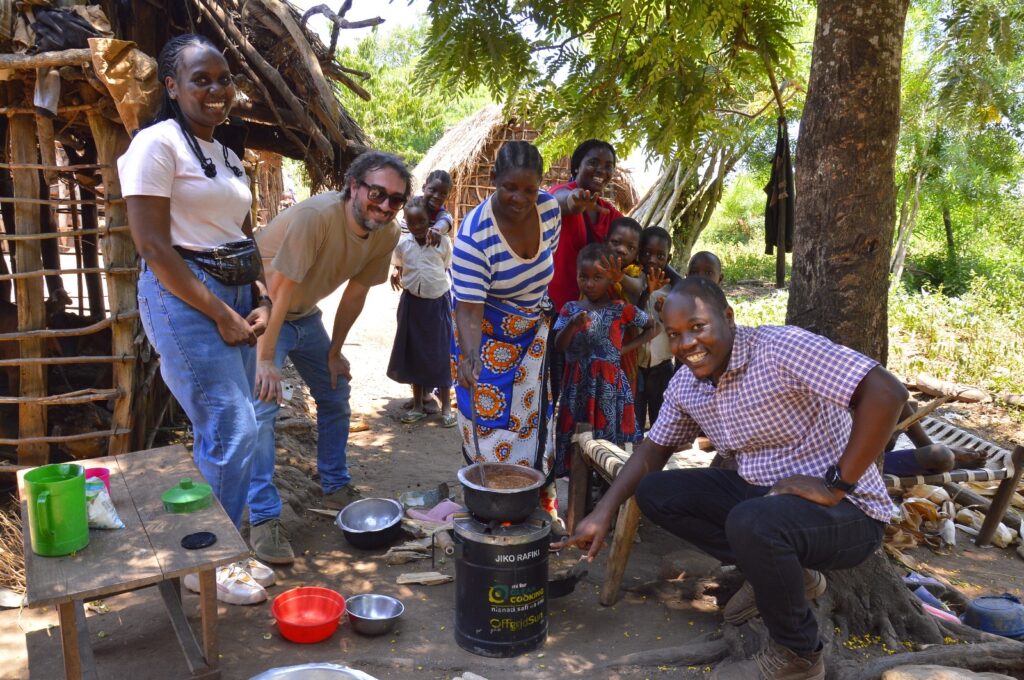How to use carbon credits to support projects in East Africa
Attracting private finance to invest in sub-Saharan Africa has always been difficult. Any energy project faces uncertainties related to energy payments or changing regulatory scenarios.
OffgridSun has been implementing off-grid PV projects in many African countries for many years, but most of these interventions have been financed by donations from public institutions such as the EU or private individuals.
We have often tried to launch private initiatives but rarely succeeded until we learned more about the carbon credit market.
Carbon credits, which in simple terms correspond to tonnes of CO2 avoided or absorbed by specific projects, make it possible to transfer private finance, especially from large companies, but not only, to African countries.
In fact, once generated, a carbon credit becomes a tradable security that is no longer tied to the country of emission. This is a very powerful de-risking tool and at the same time enhances the value of initiatives that would otherwise be tied only to social responsibility.
While the mechanism is indeed based on a CO2 calculation, it should be remembered that often the most relevant aspects are the social impacts, the improved quality of life for the local beneficiaries of the projects themselves.
Although some projects have come under criticism in recent years, it is enough to attend any stakeholder meeting in an African country to realise that properly developed projects, in compliance with international and host country standards, are received with great enthusiasm by the local population.
OffgridSun is developing projects in several East African countries (Tanzania, Kenya, Zambia) in the areas of improved cookstoves and access to clean water. More than a million people will benefit from these interventions over the next few years, with many more projects in the pipeline.

An excellent example of how carbon credits can also drive the energy sector is induction cookstoves: while the electricity grid is available, individual homes are often not connected due to the high cost of connection. The ability to save on the purchase of fossil fuels to cook food through low-cost induction stoves is a winning way to electrify the last mile.
Several countries, such as Tanzania, have published specific laws to regulate the market and allow the credits generated to be recognised through the mechanism of Article 6 of the Paris Agreement. In addition, the demand for additional regulated sectors, such as aviation, is expected to increase the flow of investment we all hope to see in the Global South in the coming years. The EU has also recently indicated that voluntary market credits could become an official European climate policy tool – this could be the tipping point for a lot of investment in Africa.
